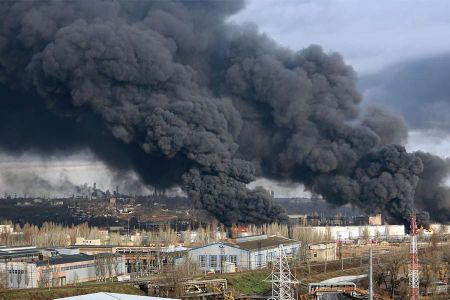Review of The Price is Wrong: why capitalism won’t save the planet, by Brett Christophers (Verso: 2024, 398 pages)
Wind and solar power projects, that for so long needed state backing, can now provide electricity to wholesale markets so cheaply that they will compete fossil fuels out of the park. It’s the beginning of the end for coal and gas. Right? No, completely wrong.
The fallacy that “market forces” can achieve a transition away from fossil fuels is demolished in this highly readable polemic by Brett Christophers.
Prices in wholesale electricity markets, on which economists and analysts focus, are not really the point, he argues: profits are. That’s what companies who invest in electricity generation care about, and these can more easily be made with coal and gas.
Christophers also unpicks claims that renewables projects are subsidy-free. Even with renewably-produced electricity increasingly holding its own competitively in wholesale markets, it’s state support that counts: look at China, which is building new renewables faster than the rest of the world put together.
The obsession with wholesale electricity prices, and costs of production – to the exclusion of other economic factors – emerged in the 1980s and 90s as part of the neoliberal zeitgeist, Christophers explains. The damage done by fossil fuels to the natural world, including climate change, was priced at zero; all that needed correcting, ran the dominant discourse, was to include the cost of this “externality” in prices (page 108).
Read the rest of this entry »



 Posted by peoplenature123
Posted by peoplenature123 







